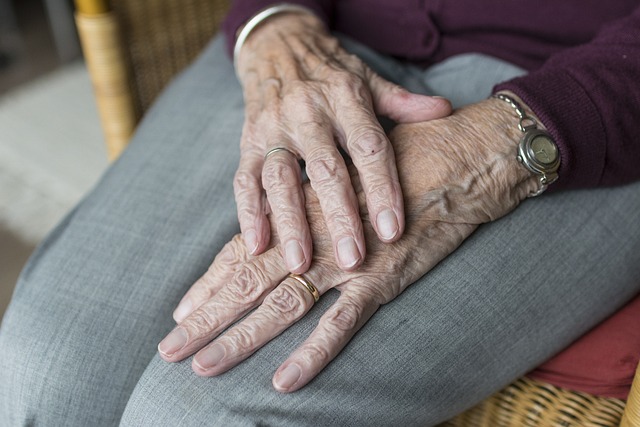The demand for Elderly Companion Services reflects a societal trend towards enabling seniors to age comfortably at home, receiving non-medical assistance with daily tasks while maintaining independence and privacy. These services provide emotional support, companionship, and social connections, alleviating loneliness. Choosing the right caregiver is crucial, prioritizing compassion, patience, empathy, and experience in eldercare for improved quality of life.
As our population ages, the demand for elderly companion services is on the rise. Providing in-home care not only offers a comforting alternative to assisted living but also empowers seniors to maintain their independence. This article delves into the multifaceted world of in-home care, exploring its numerous benefits and practical considerations. From understanding the growing need for elderly companion services to choosing the right caregiver and managing legal aspects, we provide essential insights to help ensure the best possible care for your loved ones.
- Understanding Elderly Companion Services: A Growing Need
- Benefits of In-Home Care for Seniors
- Choosing the Right Companion: Qualities and Skills
Understanding Elderly Companion Services: A Growing Need

As our population ages, the demand for elderly companion services is on the rise. These services cater to the unique needs of seniors who may require assistance with daily tasks but prefer to age in the comfort of their own homes. Unlike traditional in-home care, which often focuses on medical or nursing support, elderly companion services provide companionship, social interaction, and assistance with non-medical activities like meal preparation, light housekeeping, and transportation.
Elderly Companion Services offer a vital safety net for both seniors and their families. They ensure that elders maintain their independence while receiving the care and attention they need to live safely and comfortably. With skilled companions by their side, older adults can stay connected to their communities, engage in meaningful activities, and enjoy improved quality of life.
Benefits of In-Home Care for Seniors

In-home care offers a multitude of benefits for elderly individuals, allowing them to age comfortably in the familiarity of their own homes. Unlike traditional care facilities, elderly companion services provide personalized attention and support tailored to each senior’s unique needs and preferences. This approach not only enhances quality of life but also promotes independence, ensuring seniors can maintain their daily routines and cherished activities.
One of the key advantages is the preservation of privacy and dignity. Elderly loved ones can receive assistance in the comfort of their own space, surrounded by familiar surroundings. In-home care also fosters social connections as caregivers often double as companions, providing emotional support and engaging in meaningful conversations that combat feelings of loneliness and isolation, which are prevalent issues among seniors.
Choosing the Right Companion: Qualities and Skills

When considering elderly companion services, selecting the right companion is paramount. Look for individuals who possess a compassionate nature and genuine care for elders. Patience, empathy, and the ability to listen actively are essential qualities in a caregiver, as they ensure comfort and respect for the elderly individual’s unique needs and preferences.
Skills like mobility assistance, medication management, and basic household tasks are practical considerations. However, beyond these, seek companions with experience in eldercare, understanding of age-related health issues, and the ability to provide meaningful conversation and social interaction. These qualities foster a sense of companionship and enhance the overall quality of life for your loved one.
As we age, ensuring our loved ones receive quality care becomes increasingly vital. Elderly companion services play a crucial role in providing assistance without compromising independence. By understanding the benefits and choosing the right companion, families can navigate this essential aspect of senior care, enhancing their loved ones’ well-being and fostering a sense of comfort and security in familiar surroundings.




